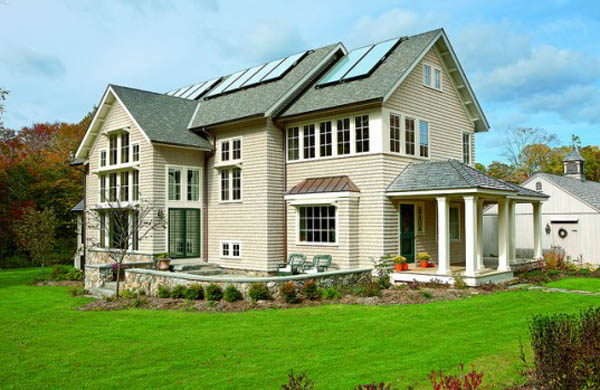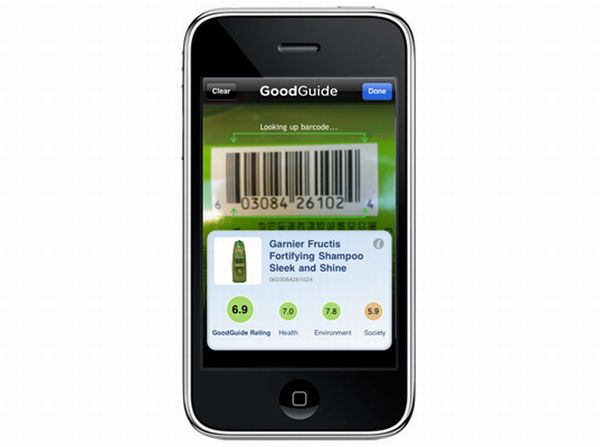
Seasonal variations significantly impact our energy usage. Winters call for heating units while summers facilitate the use of coolers and air conditioners. Such equipments tend to lay stress on power grids as they consume large amounts of electricity. But just because the season changes doesn’t mean that we can’t conceive of ways to reduce energy consumption. With a few tips in mind, it’s possible to get through the year without impacting the environment and our resources.
Keeping cool and green
The scorching summer sun and high humidity levels immediately drive us to switch on the air conditioner. While this is necessary in order to keep your body’s temperature down to a normal level, ACs need a lot of power to operate. To make sure that yours doesn’t use too much energy from the grid, buy an energy efficient cooler with Energy Efficient Rating, a standard that informs you how much power the AC will consume. The higher the rating, the less energy it will consume to deliver the same degree of coolness. If you can’t afford to purchase a new unit, then try to switch off the AC as much as possible especially when no one’s at home.
Installing residential solar panels
Green energy advocates have touted the benefits of solar energy for years. Now, more than ever, people are investing in PVs to supplement their power needs. With solar energy, you can power equipments, cook food and heat water without paying a cent for the power you use. What should be kept in mind, however, is that investing in PVs can be heavy initially. Some of the system’s parts may have shorter warranties than the panels themselves so check to make sure that maintenance won’t end up costing you a bundle. Additionally, ensure that the area around your house offers adequate sun exposure.
Build your own solar oven
Why waste precious gas on processes that can be completed using sunlight? Solar ovens are a great way to boil water and even cook food without the use of fossil fuels. It’s relatively easy to make and will greatly reduce dependence on electric heaters and gas stoves. There are a number of tips you can pull off from the internet on how to go about building yourself one. Amateurs can make simple ovens using just tin foil and glass while seasoned DIY folks can use power tools to construct professional looking ovens.
Green up your appliances
Old appliances are known to consume a lot of power. If you have money to spare, replace them with ones that come with the Energy Star logo. These use 10 to15 percent less power than those without an Energy Star qualification. According to Energy Star, if even 1 in 10 houses were to use power efficient equipment, it would equal planting 1.7 million acres of trees.
Use healthier paint
Use paints with zero or low VOC. Conventional paints contain toxins, volatile organic compounds and solvents that are harmful to health and the environment. The toxic elements are released into the air even after the paint dries so it is important to choose those that are eco friendly. You can get safe paint from most major paint manufacturers.
Keep your home clean for your family’s health
You’d be surprised at the amount of indoor pollutants circulating about your home. Indoor toxins are more dangerous to a kid’s health than an adult’s so if you have children, do all you can to ensure that your home is squeaky clean. Don’t smoke inside as cigarettes contain many harmful elements that cause infections besides cancer. Get your house checked for lead paint and install a carbon monoxide alarm if you use wood or other fuel burning appliances.
Water saving tips in the garden
Most eco conscious folks are proud owners of gardens. But while maintaining green surroundings is necessary to filter the air, you should make sure that you aren’t using too much water for your garden. Water plants in the morning before the sun is high overhead to minimize evaporation. Adjust sprinklers so that only plants and flowers are watered and not your pavement and other concrete areas. Harvest rainwater and use it to water your garden.
Loving lawn care
Cut back on the use of pesticides for your lawn. Mow it only when necessary and when you do, don’t trim everything down at once. Trim an inch of it every day till you get it down to the desired height. Find out the type of grass you’re growing as some varieties need more water while others don’t. If you need to use fertilizers, buy organic products that are available at lawn and garden centers.
Go organic
Organic fruits and veggies are the best source of food. They’re grown using no harmful chemicals and the process followed during cultivation ensures minimal damage to the environment. Cows reared for their milk with no growth hormones and fed with organic feed are considered to be organic as well. Instead of purchasing food from supermarkets, try to approach local organic producers who will be more than happy to have you as a customer.
Fresh air
The air indoors is believed to be more polluted than outdoor air. Since so many of us spend time indoors, it’s important to keep the air around us clean. Install filters and purifiers if you can’t make time to go over every inch of indoor space. Ensure that your home or office space is properly ventilated to let out dust and other pollutants.




